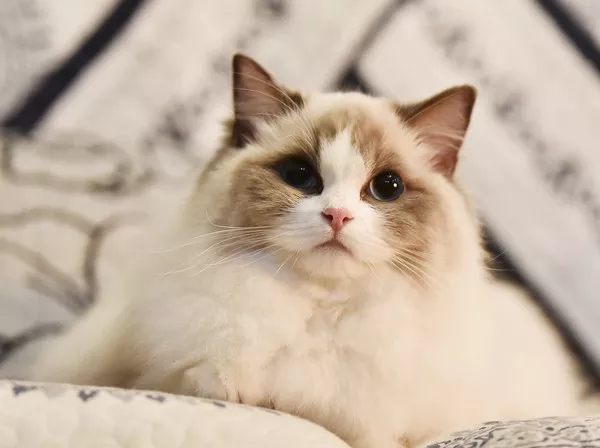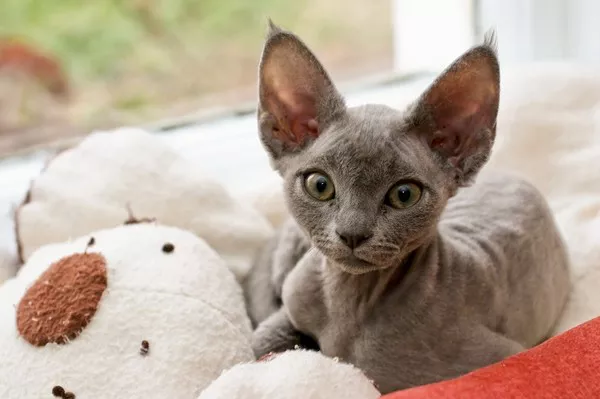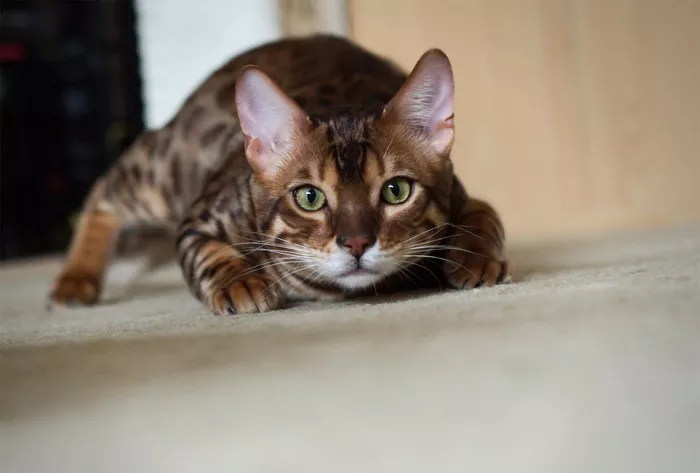As a cat owner, you’re likely familiar with the unique dietary preferences and requirements of your feline companion. While cats are obligate carnivores, meaning their primary diet consists of meat, you may be curious about introducing occasional treats or fruits into their diet. Bananas, a popular and nutritious fruit enjoyed by humans, may spark your curiosity. In this article, we’ll delve into the question: Can cats eat bananas? We’ll explore the nutritional value of bananas, potential benefits, risks, and considerations when it comes to incorporating this tropical fruit into your cat’s diet.
Understanding the Feline Diet
1. Carnivorous Nature: Cats are carnivores, which means their bodies are designed to obtain essential nutrients from animal-based sources, particularly proteins and fats.
2. Unique Nutritional Needs: Cats have specific dietary requirements, including the amino acid taurine, which is found primarily in animal tissues. A balanced and protein-rich diet is crucial for their overall health.
Nutritional Value of Bananas
1. Nutrient Composition: Bananas are a good source of vitamins and minerals, including potassium, vitamin C, and vitamin B6. They also contain dietary fiber, which can aid in digestion.
2. Moderation is Key: While bananas offer some nutritional benefits, they should be considered a treat rather than a staple in a cat’s diet. Moderation is essential, as an excessive intake of any fruit can upset the balance of a cat’s nutrient intake.
Can Cats Eat Bananas?
1. Yes, in Small Amounts: Cats can eat small amounts of banana as an occasional treat. It’s important to ensure that bananas are offered in small, manageable pieces to prevent choking hazards.
2. Precautions: Before introducing bananas to your cat, consult with your veterinarian. Some cats may have dietary sensitivities or underlying health conditions that could be exacerbated by fruit consumption.
Potential Benefits of Bananas for Cats
1. Nutritional Variety: Incorporating a small amount of banana into a cat’s diet can add nutritional variety. However, it should not replace high-quality cat food.
2. Enrichment and Mental Stimulation: Offering a banana slice as an occasional treat can provide enrichment and mental stimulation for your cat. The novelty of a different texture and taste can be engaging.
Risks and Considerations
1. Digestive Sensitivity: Cats have sensitive digestive systems, and introducing new foods, including fruits, can lead to digestive upset. Monitor your cat for any signs of gastrointestinal distress.
2. Sugar Content: Bananas contain natural sugars, which should be consumed in moderation by cats. Excessive sugar intake can lead to obesity and other health issues.
3. Allergies: Some cats may be allergic to bananas or other fruits. Watch for any allergic reactions, such as itching, vomiting, or diarrhea, after consuming bananas.
See Also: Does My Cat Have Allergies? Signs, Causes & Treatment Options
How to Offer Bananas to Cats
1. Small and Manageable Portions: If you decide to offer your cat a small piece of banana, ensure that it is cut into tiny, manageable portions to prevent choking hazards.
2. Observe and Monitor: After giving your cat a small taste of banana, observe their response and monitor for any adverse reactions. If they enjoy the treat and show no signs of discomfort, you can consider offering it occasionally.
See Also: What Human Food Do Cats Like: Things You Need to Know
Conclusion
In conclusion, while cats are obligate carnivores with specific dietary needs, they can eat bananas in small amounts as an occasional treat. Bananas offer some nutritional benefits and can provide enrichment and mental stimulation for your feline companion. However, it’s crucial to exercise caution, offer bananas in moderation, and monitor your cat’s response closely. Always prioritize a balanced and high-quality cat food that meets your cat’s unique nutritional requirements. Before making any changes to your cat’s diet, consult with your veterinarian to ensure that introducing bananas aligns with your cat’s overall health and well-being. By approaching fruit treats with care and consideration, you can enhance your cat’s enjoyment while prioritizing their health and dietary needs.


























